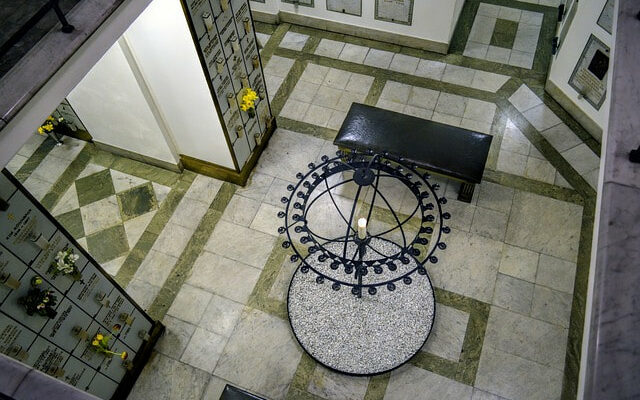Traditional Methods of Final Disposition – Burial and Cremation │ Funeral Facts with Deacon Marc
Below is a transcript the the video:
Hello and welcome to this edition of Funeral Facts with Deacon Mark.
We just finished up talking about pre planning and planning and what’s involved in planning and why the benefits are planning. Now, I want to shift a little bit and we’re going to talk about final disposition and what are the options especially through the Catholic view of, for final disposition.
We’re going to look at the traditional ways of final disposition. Some nontypical ways. We’re going to look at natural burial in relationship to all that and then, we’re also going to look non options and discuss why those are non-options.
But to get started with you’re probably like what in the world is final disposition and if you think about those words it really is about that final action that is taken with that human body and so there’s some legal sides about that as well because in most states many states there’s permitting that is required around it and so when we’re talking about final disposition in the eyes of the church you’re really looking at two traditional ways for final disposition you’re looking at whole body burial or you’re looking at cremation and those are the final dispositions that are most common.
We’re going to talk about some uncommon ones but those are the most common final dispositions and when you’re looking at those cases. In both those cases, they require permitting in order to move to that final disposition.
So, before we can bury here at the cemetery, we need a disposition permit.
Before we can have someone cremated, we need a disposition permit and what’s in that is you gotta get a death certificate. Typically, this is done by the funeral director. They send it off to the doctor. Doctor has 48 hours in order to sign off on the death certificate. Once we get the death certificate back, then, we can apply for the disposition permit to either have the burial or the cremation.
In those cases, the final disposition of the burial, the traditional burial is the burial into that place that is part of the permit. If we’re going to someone later, we need to get permitting to move that body to a different place and we really don’t want to do that but that’s where the final disposition is bearing that person in that location.
For cremation, the final disposition is the cremation and those cremated remains is the final disposition and so in those cases in the eyes of the state, you can take those cremated remains and really do whatever you want to do with them but we’ve gotta remember just because it’s legal to do something, just because you can do something, doesn’t mean it’s the right to do and so as a church, we talk about respect for the body and respect for body that’s cremated or in intact in the same way and so we do ask that cremated remains be respected and placed into a cemetery and so that is the final disposition is that is traditional as cremation or whole body burial.
We’re going to look at next time in two examples of some more ways that are acceptable but not as traditional and we’ll talk about those next time, burial at sea and also donate your body to science.
Until that edition, this is Funeral Facts with Deacon Mark.
Make it a great day.
Visit our website to learn more: https://cfcscolorado.org/catholic-teaching/



